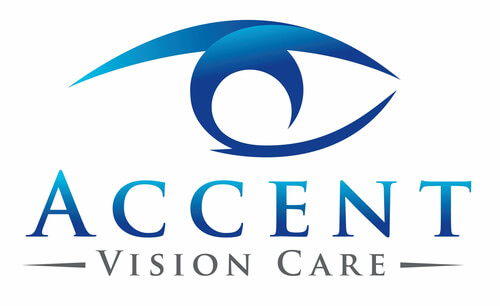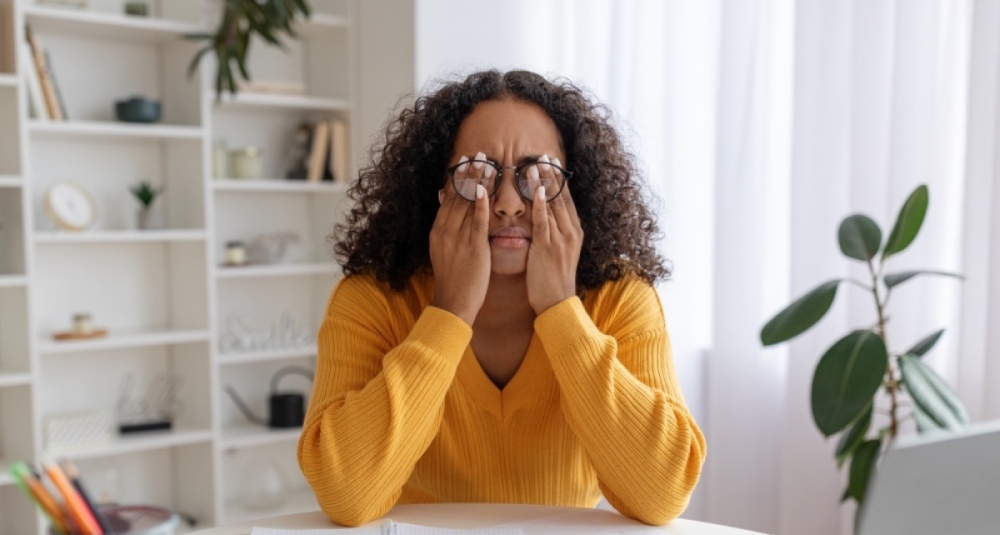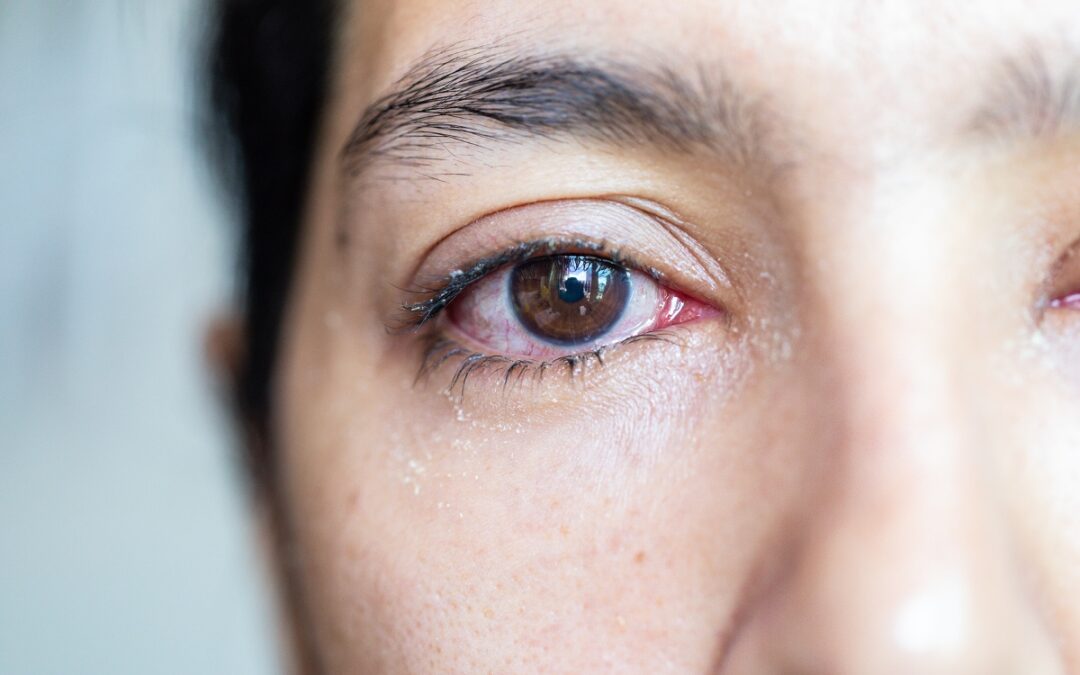Dry eye disease is a common condition that affects millions of people worldwide. It occurs when the eyes don’t produce enough tears, or the tears are of poor quality. Symptoms include discomfort, redness, irritation, and even vision problems.
While dry eye disease can affect anyone, research has shown that it is more prevalent in women than in men. In fact, women are twice as likely to develop dry eye disease as men. There are several reasons why women may be more susceptible to this condition. Here are some of the common causes:
Hormonal changes
One of the most common causes of dry eye disease in women is hormonal changes. Fluctuations in hormone levels can affect the quality and quantity of tears. Women may experience dry eyes during menopause, pregnancy, or while taking birth control pills.
Cosmetic use
Women who use makeup and other cosmetics are at a higher risk of developing dry eye. Eye makeup, such as eyeliner and mascara, can clog the tiny glands in the eyelids that produce oil, leading to dryness.
Medical conditions
Certain medical conditions that are more prevalent in women can also lead to dry eyes. These conditions include Sjogren’s syndrome, rheumatoid arthritis, lupus, and thyroid disorders. These autoimmune conditions can affect the body’s ability to produce tears and can lead to chronic dry eye disease.
Treating dry eye disease in women
Treating dry eye disease in women often involves identifying and addressing the underlying cause. This may include treating an underlying medical condition, adjusting medication dosages, or making changes to cosmetic use. Artificial tears or other lubricating eye drops can also help to alleviate dry eye symptoms.
The best way to prevent or manage dry eye disease is through regular eye exams with an optometrist. During these visits, your eye doctor will be able to evaluate your risk factors and make recommendations on how you can reduce them. If your dry eye symptoms don’t respond to over-the-counter remedies, your optometrist may suggest specialized dry eye treatments, such as OptiLight intense pulsed light (IPL) therapy.
If you’re experiencing symptoms of dry eye disease, schedule an appointment with our eye doctors in Gonzales, LA, today.




